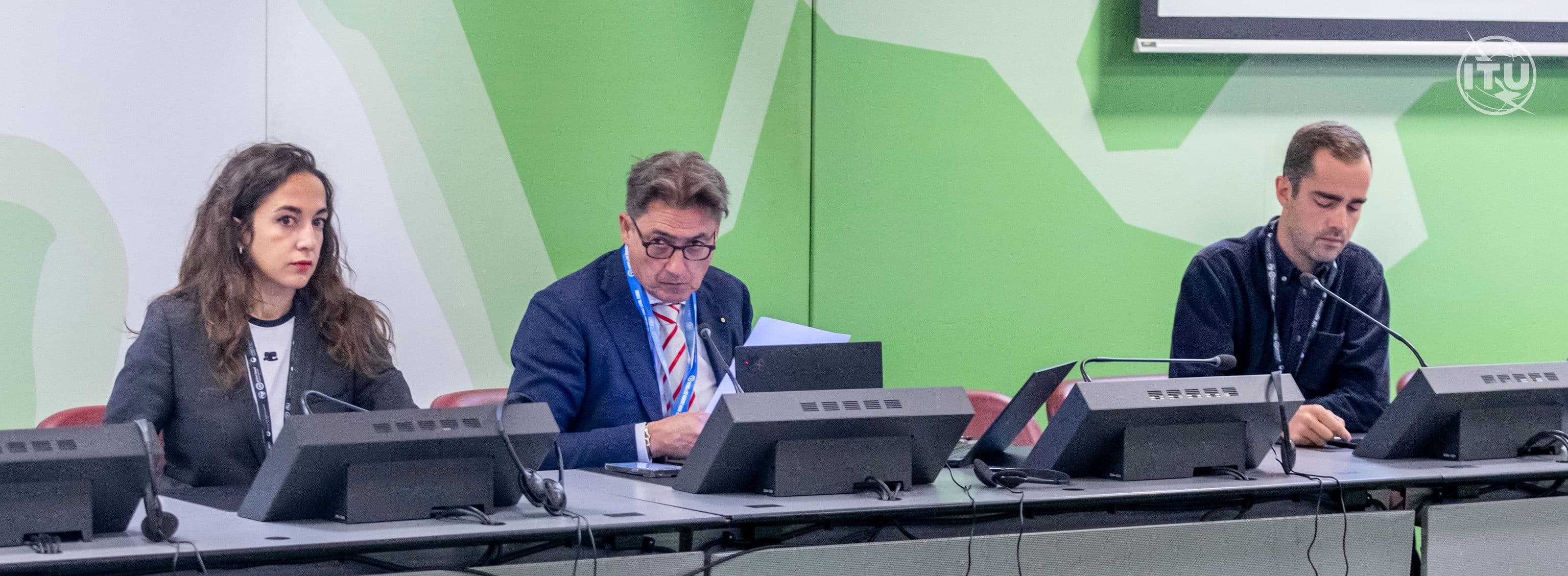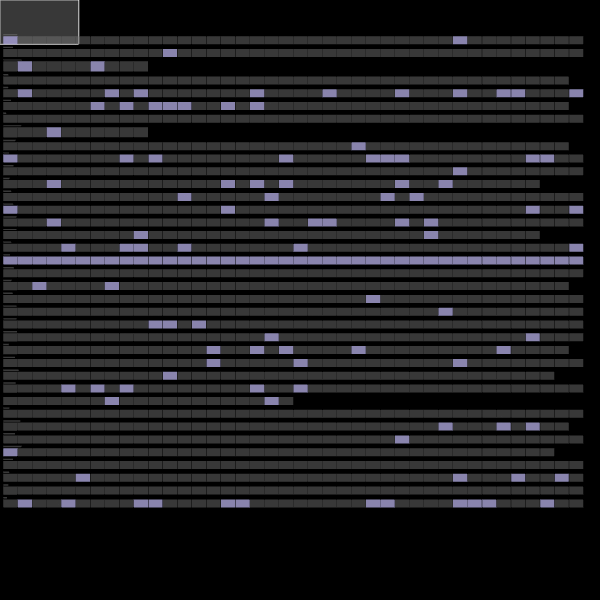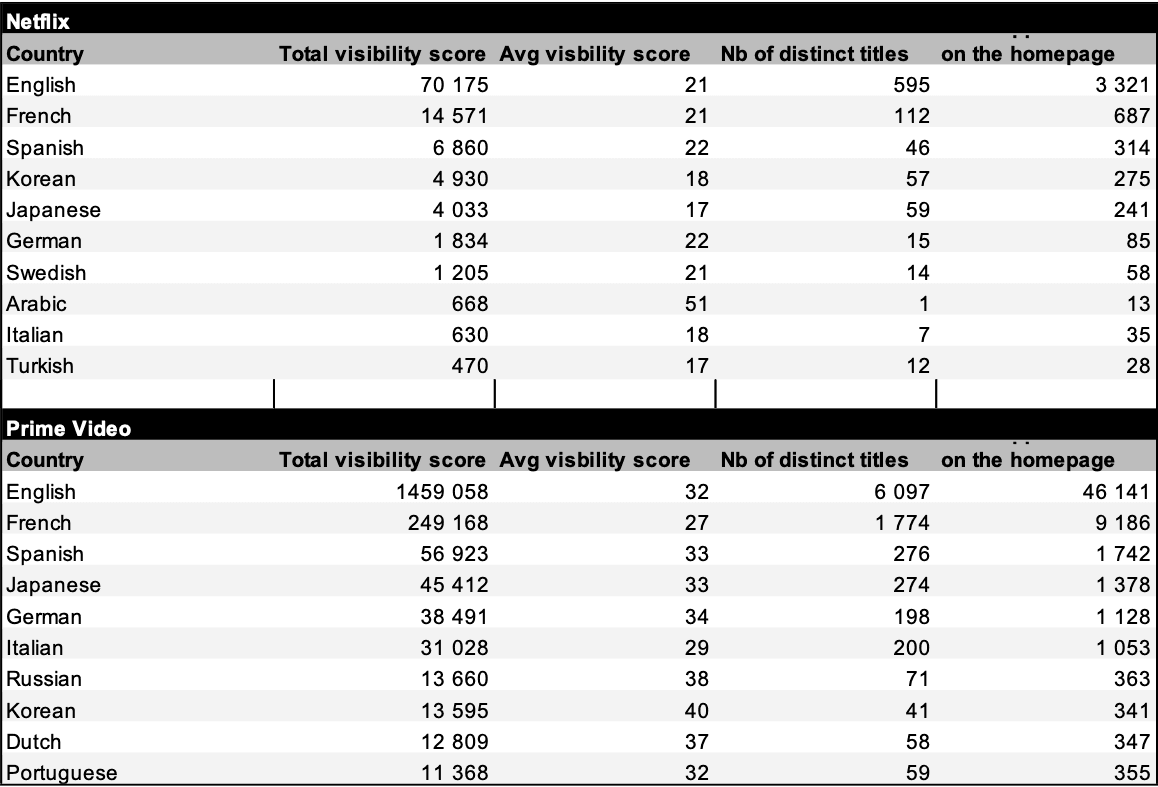Cultural diversity talks in Geneva
Arvester took part in a round table organised by the OIF and UNESCO, as part of WSIS+20 Forum
I was in Geneva last week to talk about the important issue of cultural and linguistic diversity online, at the invitation of H.E. Mr Henri Monceau, Permanent Representative of the Organisation internationale de la Francophonie (OIF) to the United Nations, with Ms Hannah Taïeb, Head of Business Development at Spideo.
We had some interesting discussions on how to guarantee access to a diverse cultural offering in a fully personalised digital environment. I was able to share our expertise on this subject, particularly with regard to VOD interfaces.
Here are a few thoughts on what was said during the session.

The effect of recommendation algorithms on cultural diversity is rightly of concern to policymakers. While the ‘filter bubble’ hypothesis has been ruled out for some time in the case of streaming services1, the fact remains that it is imperative to put in place rigorous analysis protocols in order to monitor these platforms and regulate them in the future if necessary.
How can this be achieved, given that these ‘black boxes’ are by definition complex and protected by business secrecy? Should we advocate greater transparency in algorithms or, on the contrary, analyse their results to better influence those who control them?
Monitoring the impact of algorithms to make effective public policy recommendations
One possible path would be to define a common analysis methodology accepted by all stakeholders. An approach based on analysis would make it possible to identify any problems, such as the under-representation of certain content categories or, on the contrary, their over-representation. This method could be applied to various cases defending the general interest, such as the promotion of linguistic diversity, the enhancement of national or European catalogues, auteur cinema, etc.
In the case of the Francophonie for example, it would be particularly interesting to carry out an empirical study of the visibility of French-language content on several services and different territories in order to take stock of the situation. The 19th Francophonie Summit will probably provide an opportunity to initiate this type of undertaking.
At Arvester, we collect thousands of visibility datapoints every day in order to better understand the effect of recommendation algorithms, notably on French-language content. This is a first step, but we now need to go further and extend these analyses to all French-speaking territories.


I would like to thank once again Henri Monceau and Antoine Barbry for their invitation and warm welcome to Geneva. I look forward to continuing these discussions.
Notes
- ↑
Grégoire Bideau & Steven Tallec (2022). Algorithmic panic: European contents on the Netflix homepage. Published on the PcEn Chair website.